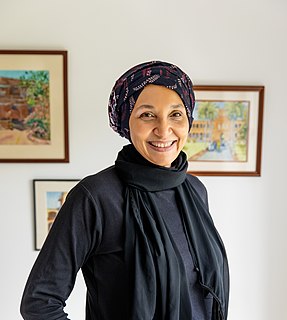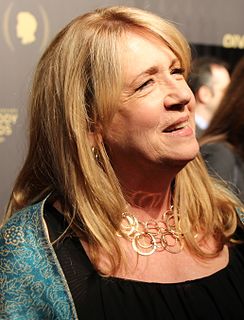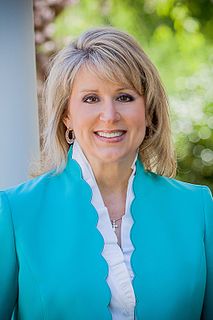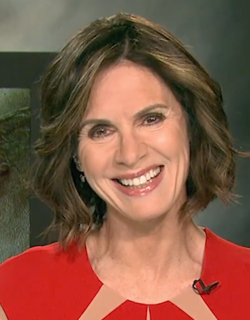A Quote by Susan Sarandon
By the time I went to the Catholic University of America, which was the time the priests were all leaving with the nuns, the more I studied about the Bible and how it came about, the more I lost my faith.
Related Quotes
The reason you go to university is to be taught, is to learn how to think more clearly, to call into question the ideas that you came with and think about whether or not they are the ideas you will always want to hold. A university education at its best is a time of confusion and questioning, a time to learn how to think clearly about the values and principles that guide one's life. Of course, it's also a time to acquire the skills needed for jobs in the "real world," but the part about becoming an adult with ideals and integrity is also important.
The world is full of people who have lost faith: politicians who have lost faith in politics, social workers who have lost faith in social work, schoolteachers who have lost faith in teaching and, for all I know, policemen who have lost faith in policing and poets who have lost faith in poetry. It's a condition of faith that it gets lost from time to time, or at least mislaid.
Over the last few decades, I've grown more skeptical about a few things in which I used to have more faith. I believe as much in the necessity of, and the possibility of, revolution as I ever did. At the same time, I've grown more skeptical about poetry's role in it or art's contribution to it, and I've grown more skeptical about the university. Universities are big companies, and they're disciplinary in the way that any big institution is. I've found that the political militancy that the professoriate has mostly been fairly repressive of what I take to be necessary politics.
I don't think the government (of El Salvador) was responsible. The nuns were not just nuns; the nuns were political activists. We ought to be a little more clear-cut about this than we usually are. They were political activists on behalf of the Frente and somebody who is using violence to oppose the Frente killed them.
My agent called and said, 'How do you feel about a pirate movie? I mean, how often are you going to get that call? It's sort of the singularly most failed genre of our time, but I thought it had to be attempted one more time. I think there's something rebellious about pirates, something revolutionary about them. They came out of a time when things were oppressive; you could get hung for stealing a loaf of bread. For me, the Pirates films are about when it's right to break the rules to achieve what you want.
Charisma seems to be more about the intoxicating quality that you have on other people, as opposed to presence, which is more about the self in relation to others, and how you feel you represented yourself in a situation, and how you were able to engage. So it's less about how others see you and more about how you see yourself.



































